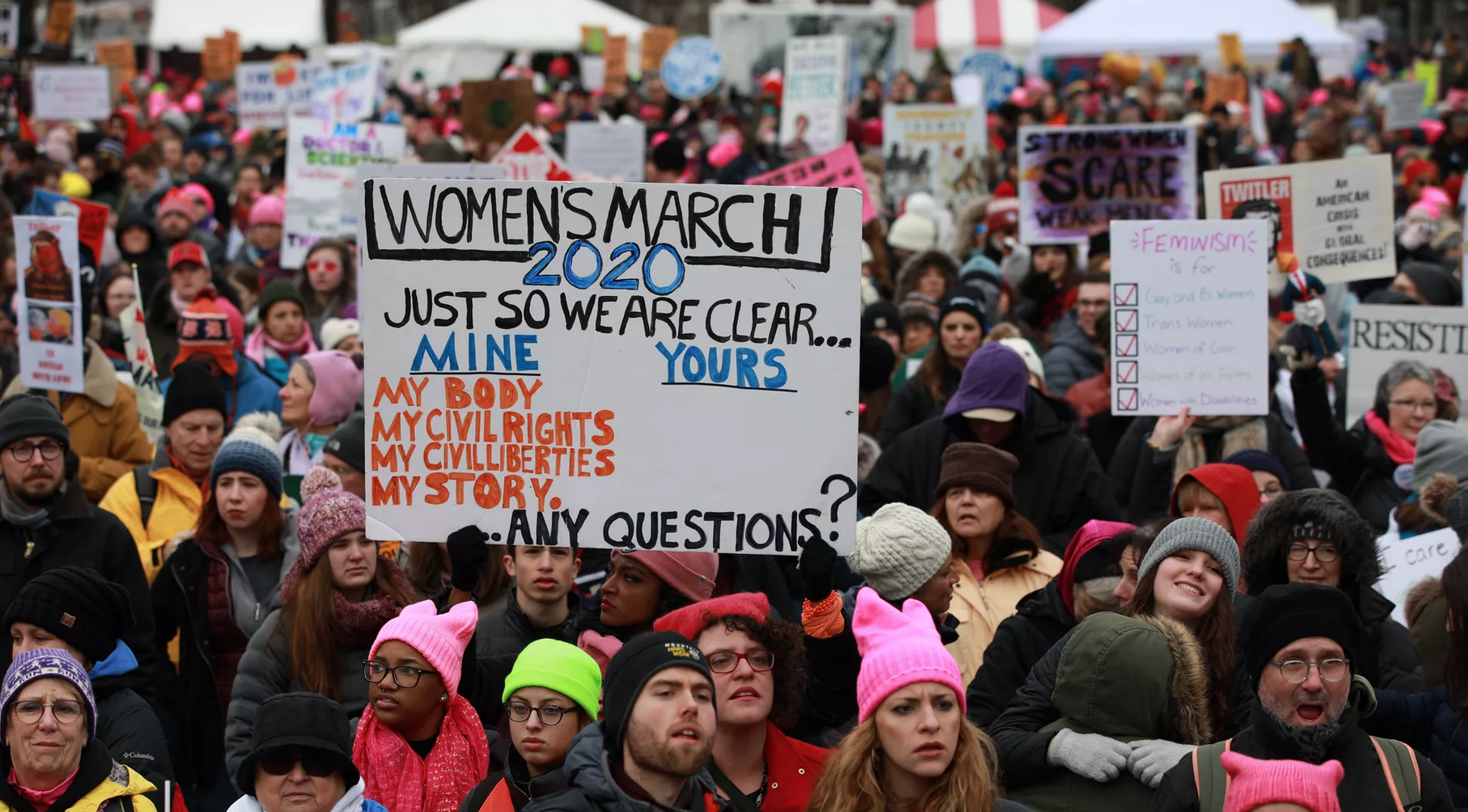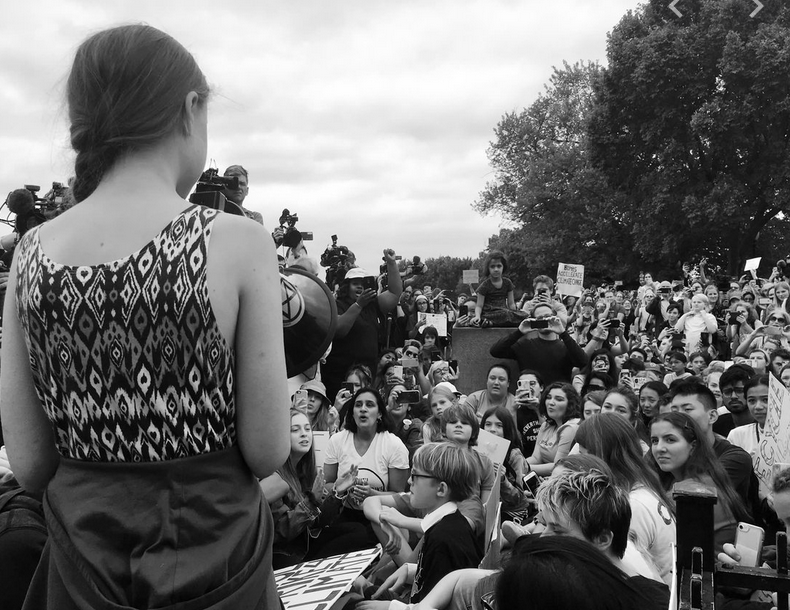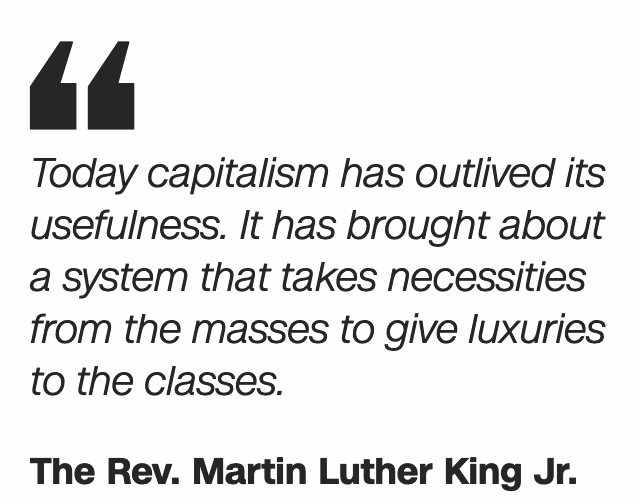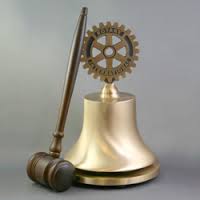In January 2018, iPast President Diana Martinelli posted a program on Martin Luther King, Jr.'s world peace accomplishments and the interrelationship with Rotary International's world peace initiatives.
If you would like to revisit that program, it can be found
here.
Every third Monday in January we honor a great man during a national holiday established in his honor in 1986. Martin Luther King Day is celebrated by many Americans as a long holiday weekend. Government and financial employees receive the opportunity to take a long ski weekend in West Virginia! Many of us use the time to work community projects and remember a part of our American history that King brought to the forefront. In this era of American divisiveness, have societal issues really changed in the past 50 years since his iconic "I have a Dream" speech in Washington, D.C on a hot summer day in August 1963?
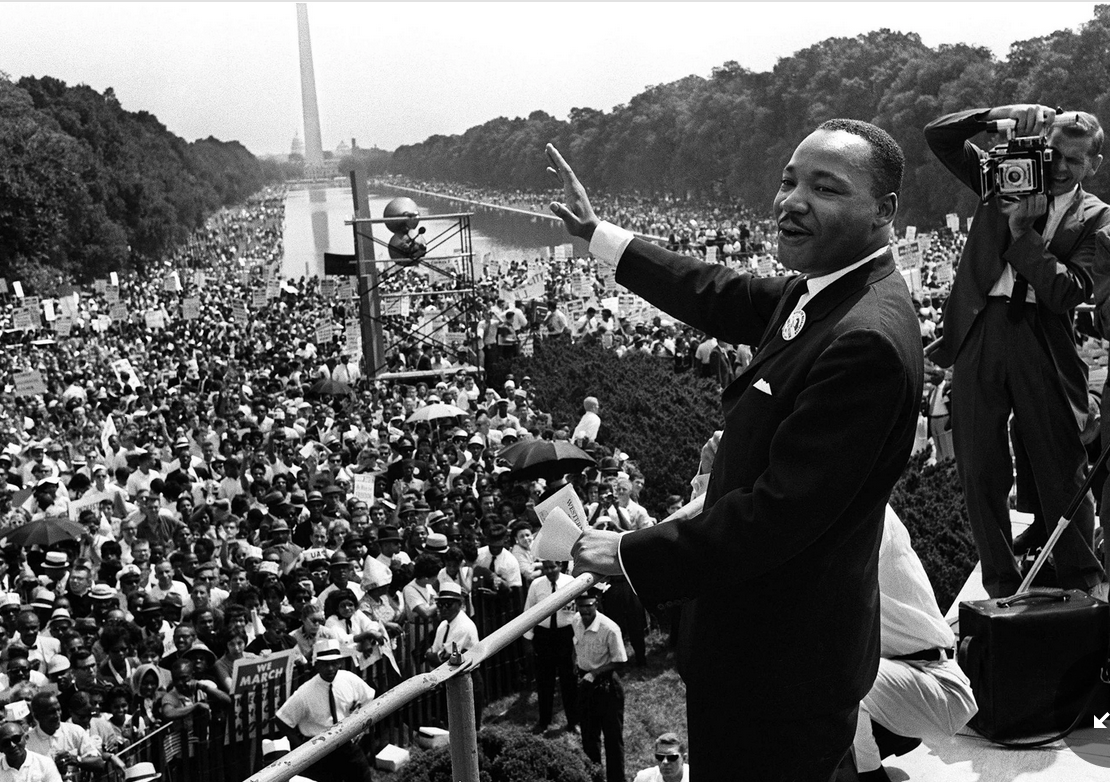
As I wandered through my mobile news articles Monday morning, I was bombarded with MLK events and nostalgic news clippings of his March on Washington for Jobs and Freedom where he called out for civil and economic rights and an end to racism. There were beautiful quotes and videos scrolling through Facebook that framed a man filled with positive enthusiasm and dreams for a people in a country he imagined could work and live together in harmony.
At the same time, weekend photos of the 2020 Women's March in cities across America, particularly in Washington, D.C. where impeachment proselytisations filtered on endlessly in debates leading nowhere meshed into articles about a gun rally calling in white nationalists to Richmond, Virginia. (And yes, on Monday, on MLK Day, of all days!)
In less than twenty minutes my mind numbed to the raining down on the bushfires (and wildlife) of Australia and by that time I was really ready for the mindless gazing of gowns worn by the Hollywood elite at the SAG awards!
Are we walking backwards so fast that the events of the past 50 + years have become a blur? Or have we really progressed as Dr. King would have liked to imagine? These are questions we can answer only on an individual level, not in a Rotarian program.
I attended the Rotary International Convention in Hamburg, Germany last June and one session put social regress and progress into perspective. It concerned a study of German Rotarians and their thoughts and opinions on how could German Rotarians who "gave up" their fellow Jewish Rotarians to the political system in power come to terms with those political actions that brought about such a devastating social consequence.
The conclusion: there never was, nor could there ever be, a "forgiveness of action". It was the Four Way Test, totally broken. Some Rotary clubs survived, but for the most part many German clubs disbanded during that heinous time.
Could this history repeat itself, only on a different continent? And if so, would the Four Way Test be broken again in the name of political power?
As Rotarians striving for global peace, we are all social activists. Every time we head out into the community or take a trip around the world, we know we are doing what we can to make the world a better place. If I were a betting Rotarian [outside of our club fundraiser : ) ], I would bet on Greta Thunberg, Time Magazine's 2019 Person of the Year to bring about change on a global front.
How can a 17-year-old Swedish teenager inspire millions of school children around the world to take to the streets to bring awareness to an adult public not wanting to see how climate change is affecting every ecosystem on the planet? Quite simply, she's a "People of Action". She would make a great Rotarian!
This wisp of a human being takes a place at every world-wide function that involves the topic of economics and climate change. Just this morning she delivered opening remarks to the "Averting a Climate Apocolypse" panel at the World Economic Forum Annual Meeting in Davos, Switzerland.
Back to MLK
In my morning media journey I bumped into an article updated by John Blake of CNN that basically outlined three topics that we normally don't associate with Martin Luther King, Jr.
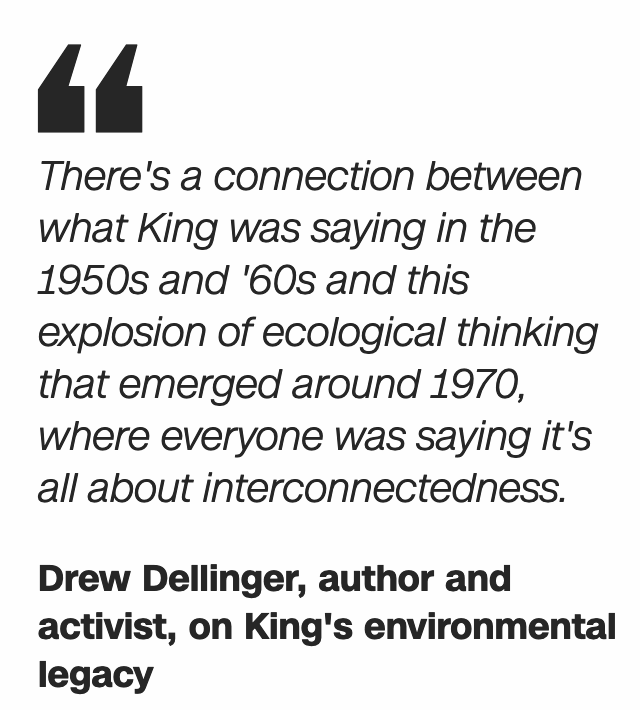
First, who would have thought that King was an Environmental Hero?
When former Attorney General Eric Holder spoke at a King commemorative event in 2011, he described King in an unusual way. King, he said, helped "plant the seeds for what would become our nation's now-thriving environmental justice movement."
In his "A Christmas Sermon on Peace" just five months before his assassination, King delivered one of his most famous quotes:
"All life is interrelated. We are all caught in an inescapable network of mutuality. Whatever affects one directly affects all indirectly. We are made to live together because of the interrelated structure of reality."
Secondly: He was a Socialist Before it was "Cool"
Many historians describe him as a "democratic socialist," someone who, according to the Democratic Socialists of America, believes the economy should be shaped "to meet public needs" and "not to make profits for a few."
King called for universal health care and education, a guaranteed annual income and the nationalization of some industries.
He was a big supporter of unions, and while there was no Fight for 15 campaign to raise the minimum wage during his time, he once said even menial workers should make enough "so they can live and educate their children and buy a home and have the basic necessities of life."
Third: He never let a political disagreement turn nasty
"Reverend Dr. Chickenwing." "A religious Uncle Tom." A "traitor" and a "chump."
That's how one prominent black leader described King when he was alive.
That leader was Malcolm X.
While his denunciations of King and other leaders is well known, here's a remarkable fact: There is virtually no record of King making a personal or petty attack against Malcolm X or any other black leaders who criticized him. This could be an important lesson at a time of bitter political divisions, which are often made worse by social media.
If you would like to read the entire article, it is here. There is also a video that describes current-day conditions of MLK streets in various US cities that is quite interesting.
NOTES
The Mountain State Rotary E-Club (MSRE) is a member club of Rotary International
District 7545 (covering most of West Virginia, excluding the Eastern panhandle) and RI
Zone 33, which encompasses a large portion of the eastern sector of the United States.
Our next meeting is scheduled for Wednesday, February 12 at noon via Zoom.
Link to be updated.
Members, please leave a comment, so we know you've visited us! If you are a Rotarian using this program as your make-up meeting and would like to contribute the cost of your normal Rotary meeting meal, we would be grateful. These funds go directly to our service projects. You can make a contribution through the
Give/Donate link on the homepage.
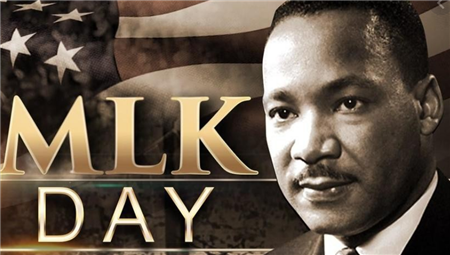
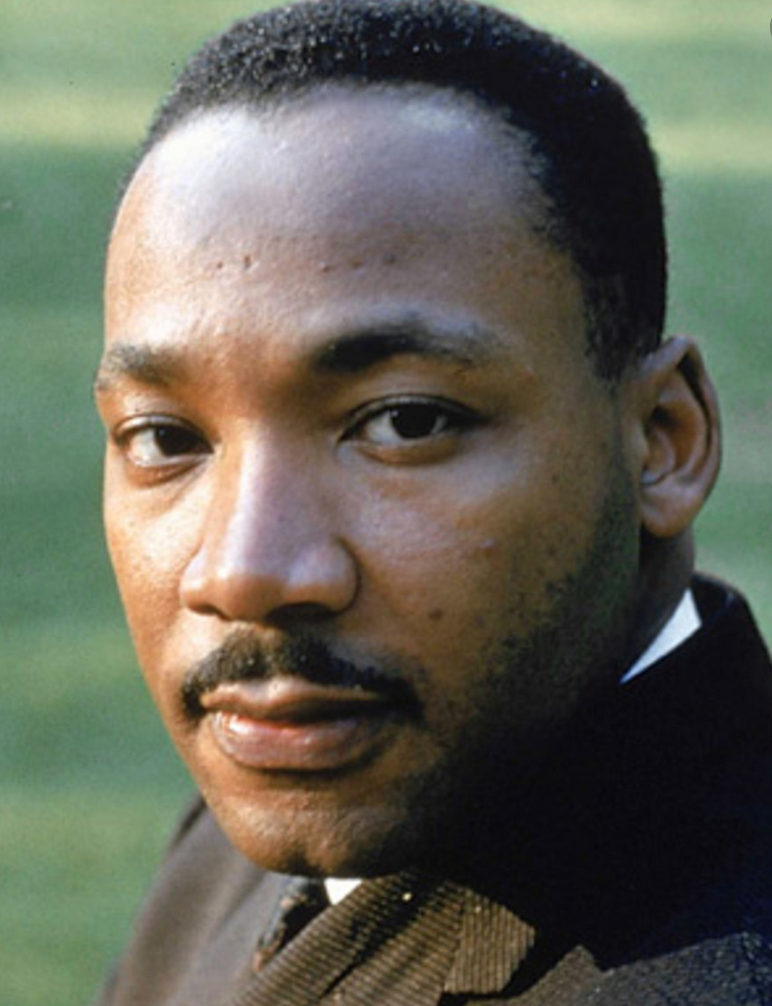
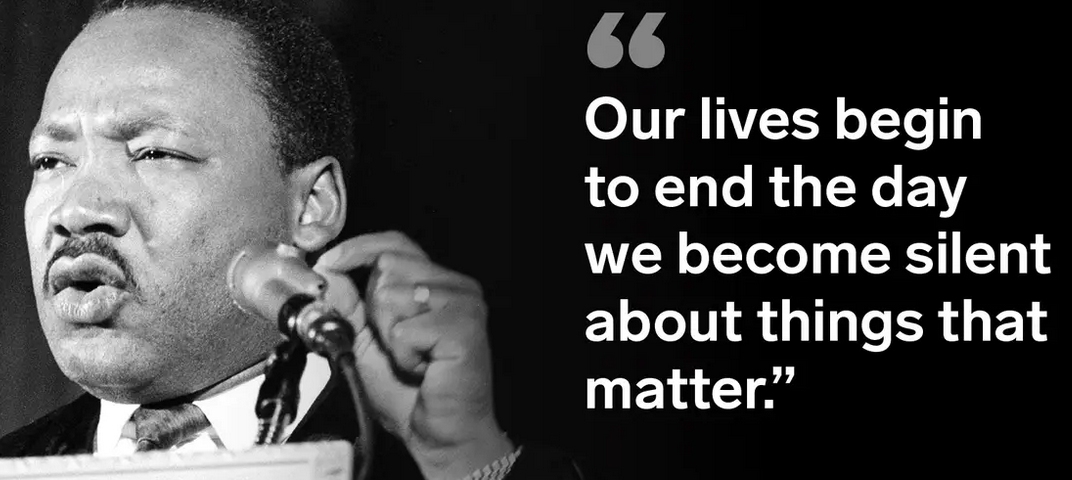
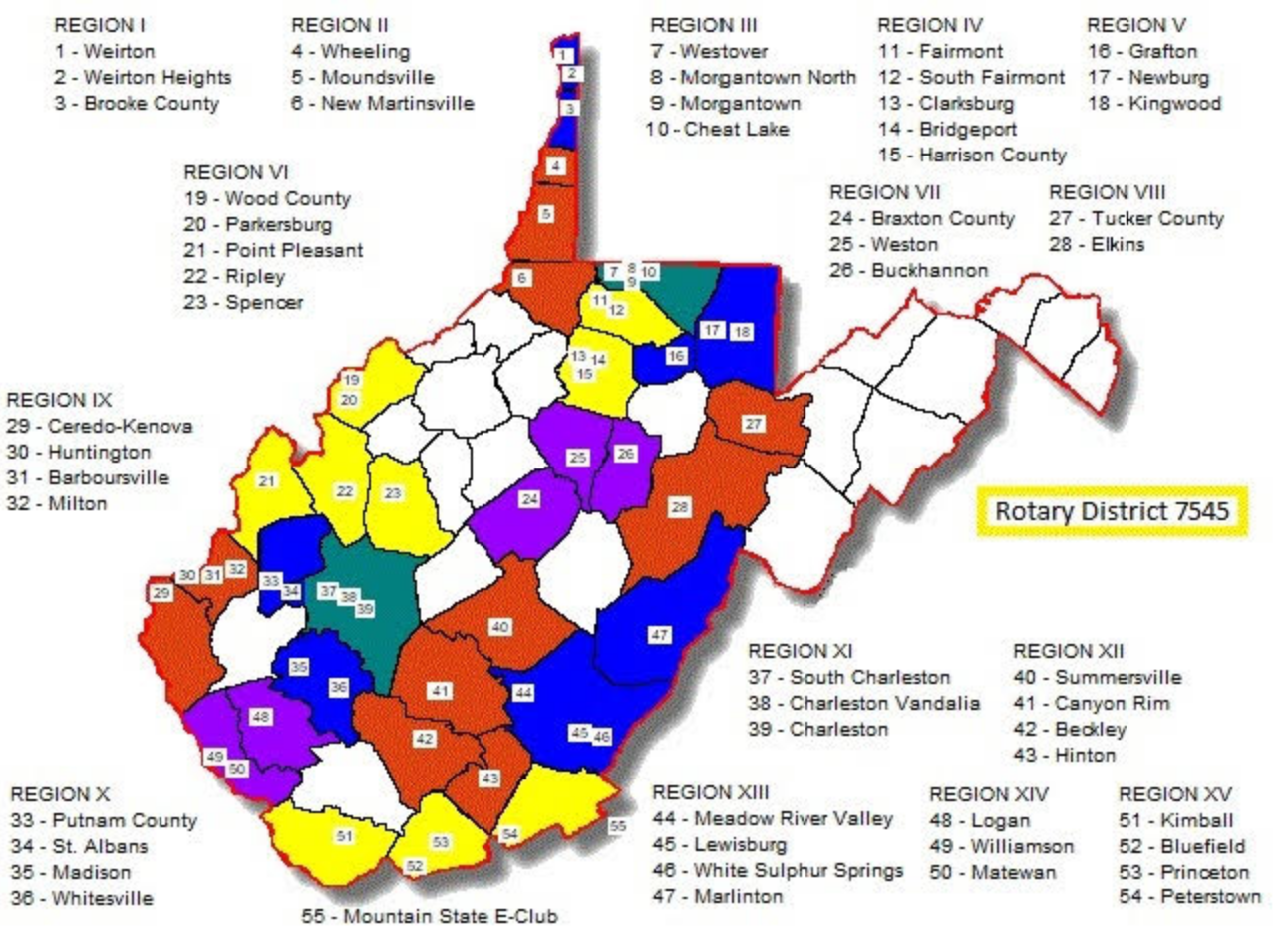
 As I wandered through my mobile news articles Monday morning, I was bombarded with MLK events and nostalgic news clippings of his March on Washington for Jobs and Freedom where he called out for civil and economic rights and an end to racism. There were beautiful quotes and videos scrolling through Facebook that framed a man filled with positive enthusiasm and dreams for a people in a country he imagined could work and live together in harmony.
As I wandered through my mobile news articles Monday morning, I was bombarded with MLK events and nostalgic news clippings of his March on Washington for Jobs and Freedom where he called out for civil and economic rights and an end to racism. There were beautiful quotes and videos scrolling through Facebook that framed a man filled with positive enthusiasm and dreams for a people in a country he imagined could work and live together in harmony.